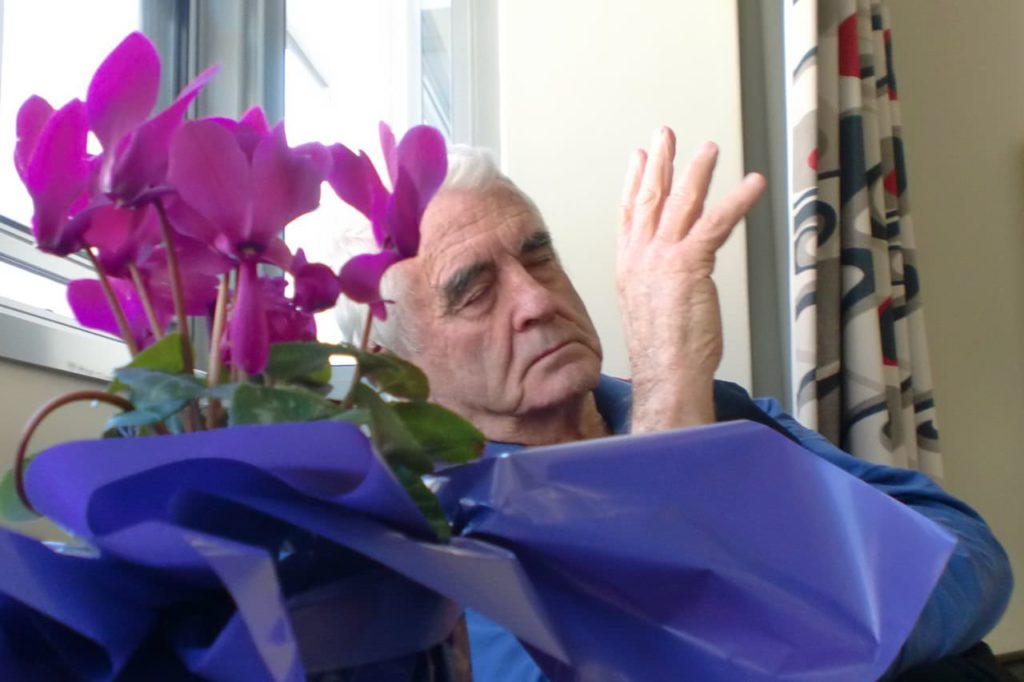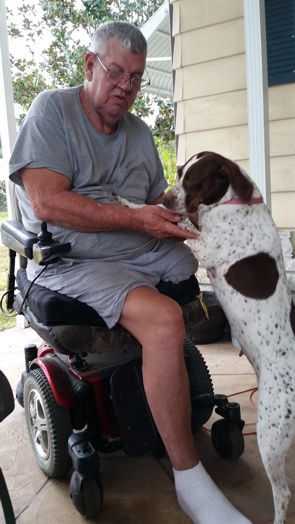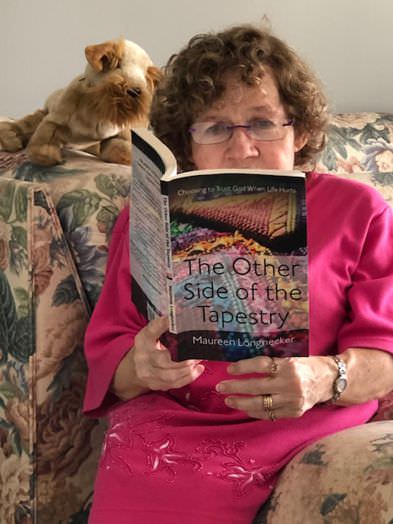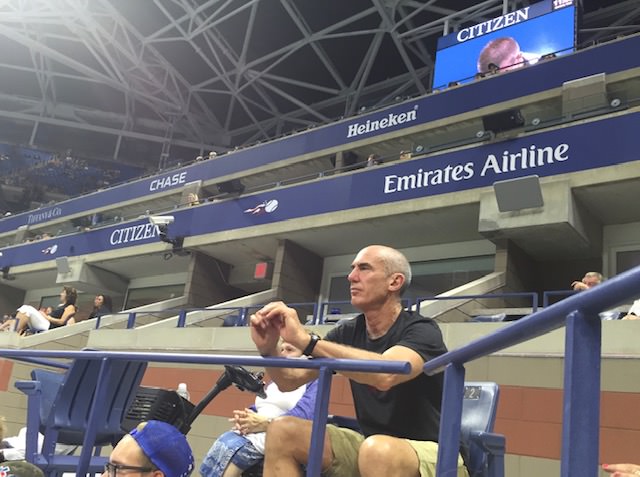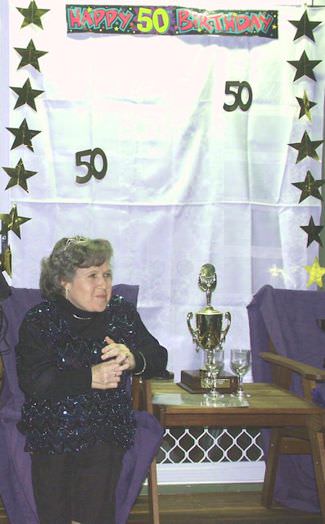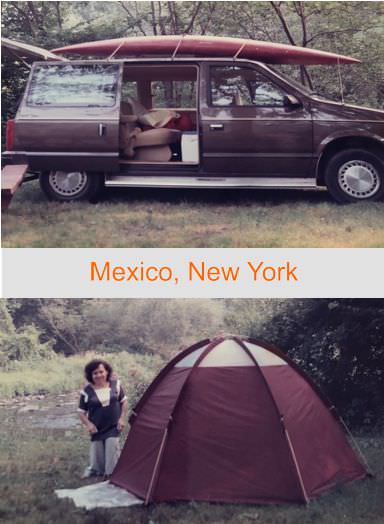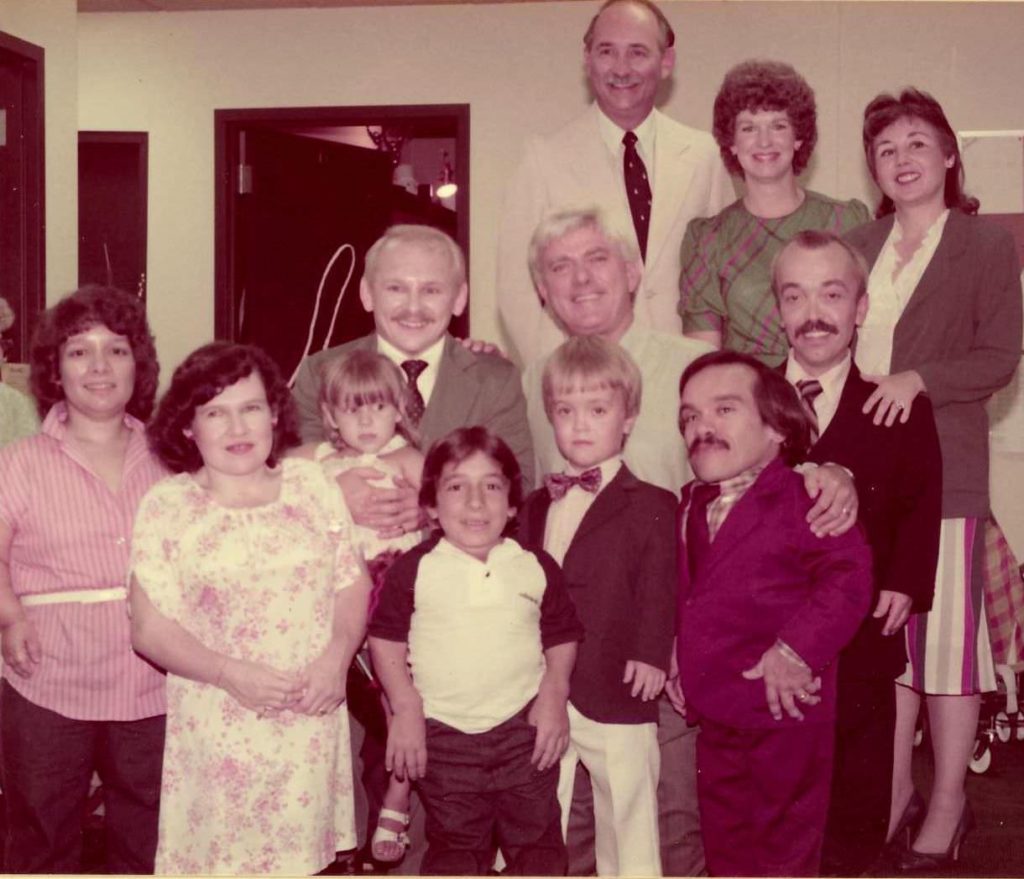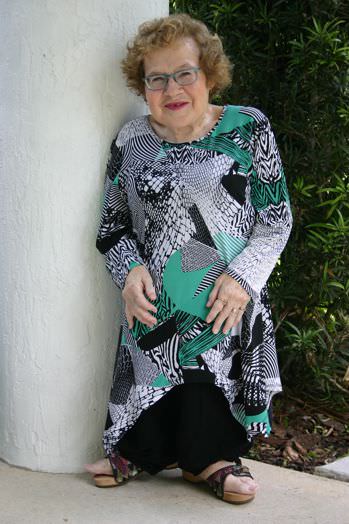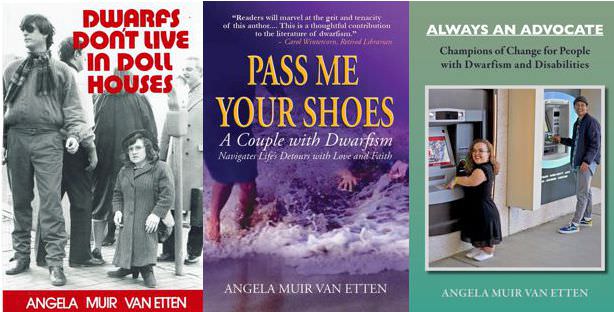
After 33 years, my dwarfism trilogy is complete. Three books in a little more than three decades about God’s three gifts of grace in my life—faith, hope, and love. As it happens, the word “three” has emerged as a thread in this cradle to retirement memoir series.
ALWAYS AN ADVOCATE: Champions of Change for People with Dwarfism and Disabilities (#3), officially publishes on October 1st. Organized into three parts, Part I is on volunteer leadership challenges; Part II is about dwarf tossing; and Part III deals with equal access.
Want to subscribe to receive blog updates sign up today!
Part I discusses the three times Robert or I served as LPA President during the years membership grew from about 3,000 in 1980 to 6,000 in 2006. Part II addresses LPA’s action to halt the dwarf tossing atrocity in three states—Illinois, Florida, and New York. Part III involves equal access to the built environment, education, emergency operations, housing, social security disability benefits, transportation, and voting. It took three years to break the six-inch reach barrier in the built environment standing against three of the most powerful industries in the nation—banking, oil, and retail.
The book will be released in three formats: e-book, paperback, and audio.
PASS ME YOUR SHOES: A Couple with Dwarfism Navigates Life’s Detours with Love and Faith (#2) published in October 2020. An e-book release is planned for our 40th wedding anniversary in November 2021. Robert and I had three marriage ceremonies in 1981. The wedding and anniversary rings on three fingers of my left hand symbolize our commitment.
Though if one may be overpowered, two can defend themselves. A cord of three strands is not quickly broken.
~ Ecclesiastes 4:12, New International Version
Robert and I met when I came from New Zealand to America for three months on a Winston Churchill Fellowship. I obtained an American law degree after attending law school for three semesters. Despite passing the three day Ohio bar exam, I experienced discrimination in three job interviews.
After a three-hour hip replacement surgery in 1997, Robert tanked up on three pints of blood. When he forgot to bring his electric razor to the hospital, a hand razor was off limits for three weeks because he was on a blood thinner. We couldn’t decide if the resulting beard gave him the distinguished professor or garden gnome look.
Dwarfs Don’t Live in Doll Houses (#1) published in 1988 and will be released as an e-book in December 2021. It took three photo shoots on bitterly cold days to get the right cover photo image.
I’m the eldest of three children and Robert has three younger brothers. Our adult height is the size of a three year old. When I was a bridesmaid for the third time, someone said, “If you’re a bridesmaid three times, you’ll never be married yourself.” Don’t believe everything you hear.
So what do all these threes mean? I’ll give you three guesses. Nothing more than interesting trivia.
More information and updates on my dwarfism trilogy is found at https://angelamuirvanetten.com/books/.

